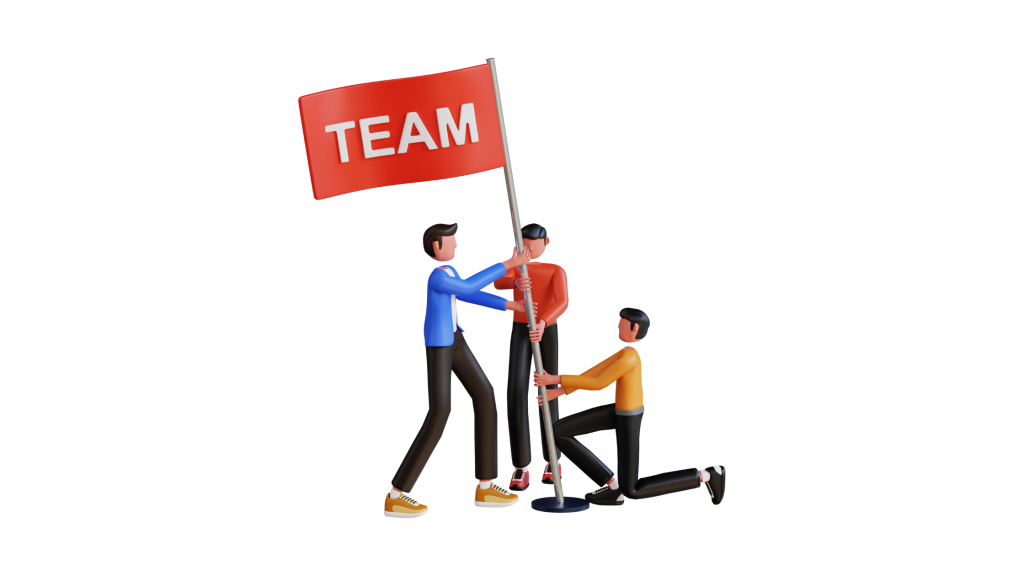Team building is more than just games and retreats—it’s the foundation of a productive, motivated, and collaborative workforce. Whether you’re leading a startup or managing a corporate team, understanding how to cultivate strong team dynamics can directly impact your organization’s success. In this article, we’ll explore easy-to-implement, effective team building strategies designed for real results.
Why Team Building Matters
Strong teams don’t just happen; they’re built through intentional effort. Team building is critical because it:
- Enhances trust among team members
- Boosts morale and employee engagement
- Encourages open communication
- Strengthens collaboration and innovation
- Reduces conflicts and misunderstandings
Types of Team Building Activities
Different teams have different needs. Here are four main categories of team building activities:
1. Communication-Focused Activities
These aim to enhance interpersonal skills and foster understanding:
- Two Truths and a Lie
- Blindfold Challenges
- Listening Circles
2. Problem-Solving Exercises
These activities require teams to work together to overcome obstacles:
- Escape Room Challenges
- Puzzle Solving
- Build-a-Bridge Tasks
3. Trust-Building Activities
Fostering trust creates a safe environment:
- Trust Falls
- Partner Obstacle Courses
- Personal Story Sharing
4. Fun and Social Events
These are essential for morale and bonding:
- Team Lunches or Dinners
- Game Nights
- Company Outings
How to Plan an Effective Team Building Session
Planning is key to making team building impactful:
Define Clear Goals
Ask: What do you want to achieve? Better communication? More trust? Collaboration?
Know Your Team
Consider team size, personalities, and dynamics. Introverts may not enjoy large, loud events.
Select the Right Activities
Choose based on the goals and team characteristics.
Allocate Time Wisely
Avoid overly long sessions. Balance engagement and productivity.
Debrief and Reflect
After the activity, discuss what was learned and how it applies to daily work.
Virtual Team Building Ideas

Remote teams need bonding too. Try these online-friendly ideas:
- Virtual Trivia
- Online Escape Rooms
- Show-and-Tell Sessions
- Coffee Chats via Zoom
Common Mistakes to Avoid
Avoid these pitfalls when organizing team building:
- Lack of Purpose: Activities must be tied to a goal
- Forcing Participation: Make it inclusive, not mandatory
- Ignoring Follow-Up: Reinforce lessons with team discussions
- One-Time Events: Team building should be ongoing
The Long-Term Benefits of Team Building
When done right, team building leads to:
- Higher employee retention
- Better workplace satisfaction
- Increased collaboration and productivity
- Stronger leadership pipelines
FAQs About Team Building
Q1. How often should we do team building activities? A: Ideally, monthly or quarterly. Frequency depends on team needs and size.
Q2. Are team building activities suitable for remote teams? A: Absolutely. Virtual tools make it easy to engage remote employees.
Q3. What’s the best team building activity for new teams? A: Icebreakers and communication games like “Two Truths and a Lie” work well.
Q4. Can team building improve company culture? A: Yes. Regular team building fosters trust, communication, and a sense of belonging.
Q5. What if employees don’t want to participate? A: Provide a variety of options and keep it voluntary. Engagement grows over time with the right approach.
For more details, click here



